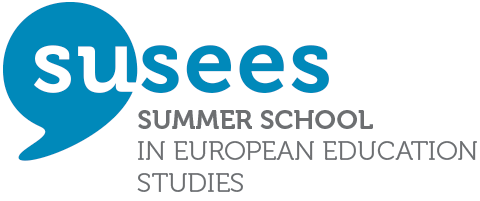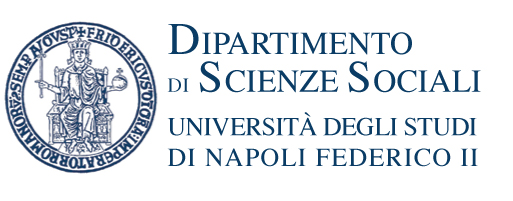Jenny Ozga (University of Oxford, UK)
Jennifer Ozga is Professor Emeritus of the Sociology of Education in the Department of Education of the University of Oxford. Her main research areas are education policy in international comparative contexts, with a focus on governance. Research topics include education and social policy; policy elites and policy communities, policy networks and policy for the teaching profession, within and across the UK and increasingly in the context of Europeanisation of education. Research also includes work on teachers’ work as labour process, and in schooling and social capital and gender and educational management. She is currently working on a Leverhulme funded project on the changing governance of education from 1988-2010. She is a Fellow of the British Academy and a member of the Academy of Social Sciences, she has been a visiting Professor at the University of Umea, Sweden, and Helsinki University, Finland.
Abstract of the lecture
The lecture focuses on the relationship between knowledge and governing, looking at recent research on the growth of data and the impact of ‘big data’ on education policy making in Europe. It also draws on a recent European study of the relationship between knowledge and policy (www.knowandpol.eu).
Knowledge is thus central to new governing processes and relations, and the lecture moves on to discuss the ways in which the relationship between knowledge and governing may be conceptualised, with a focus on authority, elites and power, before looking at the ways in which the new governing context requires knowledge that is flexible and transferable, and actors with the capacity to ‘translate’, mediate or interpret ‘actionable’ knowledge. We then look at some of the most important policy levers or regulatory instruments that the European Commission is able to mobilise in governing education, while also examining the role of experts and technologies in translating comparative data into ‘levers for action’ by governments and international organisations.
The final section of the lecture moves on from the prevalence of data and the speed of technological data retrieval and use to explore the relationship between these changing conditions of knowledge production and the changing governance of education with specific reference to the governing of academic research in education. We look at the (apparent) rise of evidence-based policy-making, the production of ‘governing knowledge’ for policy, and consequences for research in education, including the growth of standardised research agendas and research careers.
The Role of Theory and Europeanization: from Government to Governing
The Role of Knowledge in the Governing of Education
Knowledge Elites
The Data-based World and its Consequences
Preparatory Readings
Bevir, Mark (2013) A Theory of Governance Fazekas, M. and T. Burns (2012), ‘Exploring the Complex Interaction Between Governance and Knowledge in Education’, OECD Education Working Papers, No. 67, OECD Publishing Ozga J (2013) ‘Accountability as a policy technology: accounting for education performance in Europe’ International Review of Administrative Sciences 79(2), 292-309. Ozga J (2016) Trust in numbers? Digital Education Governance and the inspection process. European Educational Research Journal 2016, Vol. 15(1), 69–81. Grek, S and Ozga, J (2010) Re-Inventing Public Education: The New Role of Knowledge in Education. Policy Making Public Policy and Administration 25(3), 271-288. Seddon, T. (2014). Renewing sociology of education? Knowledge spaces, situated enactments, and sociological practice in a world on the move. European Educational Research Journal, 13(1), 9-25.
Recommended Readings
Ball S. and Junemann C. (2012) Networks, New Governance and Education. Bristol, Polity Press. Carvalho L.M. (2012) The fabrications and travels of a knowledge-policy instrument. European Education Research Journal 11(2): 172–189. Fenwick, T. Mangez, E. and Ozga, J. (eds) Governing Knowledge: Comparison, Knowledge-based Technologies and Expertise in the Regulation of Education (World Yearbook of Education 2014) London, Routledge pp. 101-113. Grundmann, R., & Stehr, N. (2012). The power of scientific knowledge: From research to public policy. Cambridge University Press. Nutley, S., Morton, S., Jung, T., and Boaz, A. (2010). ‘Evidence and policy in six European countries: diverse approaches and common challenges’. Evidence and Policy: A Journal of Research, Debate and Practice, 6(2), 131-144. Dobbins M and Knill C (2015) Higher education governance reforms in Europe: concepts, measurement and empirical findings’ in Lawn, M and Normand, R (2015) (eds) Shaping of European Education, London Routledge pp. 170-201


